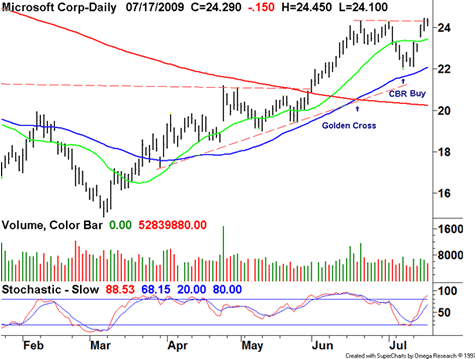Save more with a Roth IRA and 401(k) CBS News
Post on: 22 Июль, 2015 No Comment

(MoneyWatch) With the April 15 tax deadline looming, many people who’ll be making IRA funding decisions in the next month may be wondering if it makes more sense to contribute to a Roth IRA or a deductible IRA.
While much has been written about the pros and cons of these two retirement savings vehicles, one feature of a Roth IRA is often overlooked when these plans are analyzed: You can effectively save more money to spend in retirement with a Roth IRA compared to a deductible IRA. And if you’re eligible for a Roth 401(k) plan at work, the logic is the same for that investment vehicle, too.
You might be confused by this statement, since deductible and Roth IRAs have the same annual contribution limit: $5,000 of your taxable compensation for 2012 and $5,500 for 2013, plus another $1,000 in catch-up contributions if you’re over age 50 by the end of the taxable year. The same is true with 401(k) limits. The annual contribution limit in 2013 for both types of 401(k) plans is $17,500, plus another $5,500 in catch-up contributions if you’re over age 50, for a total of $23,000.
So if the limits are the same for the two types of IRAs or 401(k)s, why do I say you can save more with a Roth? The difference in how these investment options are taxed is the reason. Let’s take a look at an example that makes this very clear.
Suppose your combined federal and state marginal income tax rate is 20 percent, both while you’re working and in retirement, and you’re considering making a $5,000 contribution to an IRA. If you contribute to a deductible IRA, all you need to do is find $5,000 in cash to pony up for your contribution. You then get a tax deduction in the current year for your contribution, reducing your income taxes by about $1,000.
If you’re like most people, you’ll then spend that $1,000. You’ll be taxed on your contribution and any accumulated investment earnings when you withdraw that amount at retirement. Suppose your $5,000 contribution grows to $8,000 by the time you withdraw the money in retirement. Applying your 20 percent marginal tax rate, you’ll pay $1,600 in federal and state income taxes, with a net amount of $6,400 to spend in retirement.
On the other hand, if you contribute to a Roth IRA, your contribution is subject to income taxes in the year you make the contribution. So you need to contribute $5,000 to your IRA, but you also need to pay income taxes on that amount in the current year. Applying the 20 percent marginal rate, that amounts to $1,000. When you withdraw the money in retirement, you’ll owe no federal or state income taxes. So if your $5,000 grows to $8,000 by the time you retire, the full $8,000 is available to spend, and you’ll have 20 percent more to spend in retirement, compared to using a deductible IRA.
Effectively you’re contributing more with the Roth IRA because you’re prepaying the $1,000 amount of income taxes, which gives you more to spend in retirement, compared to realizing a tax savings of $1,000 with a deductible IRA and spending this savings today. The logic is the same with a Roth 401(k).
Now you might say that there would end up being no difference between the two if you chose to invest in a deductible IRA and then invested the $1,000 in tax savings instead of spending it. But most people are too tempted to spend the tax savings, so you can consider paying the income taxes up front with the Roth IRA as a type of forced retirement savings. In addition, your investment earnings on the $1,000 would be subject to income taxes as opposed to using a Roth IRA where your investment earnings would be sheltered from income taxes.
Of course, there are other considerations for deciding between the two types of IRAs and 401(k)s:
- If your marginal income tax rate increases between now and retirement, you’ll pay less income tax with a Roth. On the other hand, if your marginal tax rate decreases between now and retirement, you’ll pay less income tax with a deductible IRA or 401(k).

You’ll want to weigh all of the pros and cons and how they apply to your circumstances before deciding which type of IRA or 401(k) to use. Whatever you do, don’t be stopped by the complexity of deciding between a Roth or a deductible IRA or 401(k). In each case, you’ll be much better off saving for retirement compared to spending the money today.
2013 CBS Interactive Inc. All Rights Reserved.














